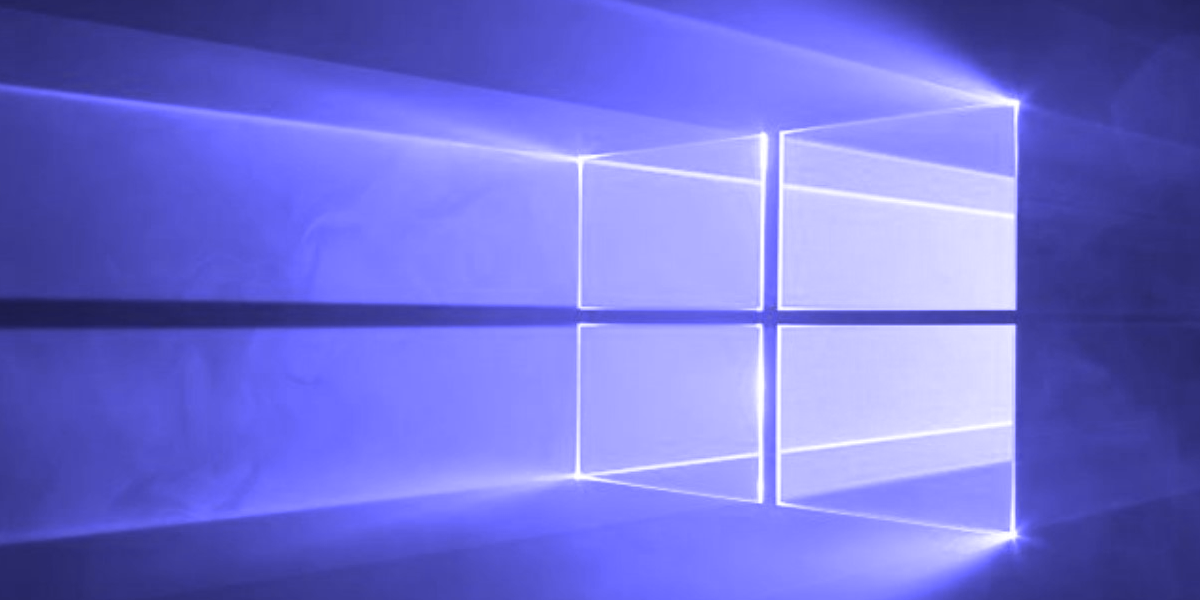Microsoft has announced the security updates for January 2022.
January 2022 Security Updates
Updates this Month
This release consists of security updates for the following products, features and roles.
- .NET Framework
- Microsoft Dynamics
- Microsoft Edge (Chromium-based)
- Microsoft Exchange Server
- Microsoft Graphics Component
- Microsoft Office
- Microsoft Office Excel
- Microsoft Office SharePoint
- Microsoft Office Word
- Microsoft Teams
- Microsoft Windows Codecs Library
- Open Source Software
- Role: Windows Hyper-V
- Tablet Windows User Interface
- Windows Account Control
- Windows Active Directory
- Windows AppContracts API Server
- Windows Application Model
- Windows BackupKey Remote Protocol
- Windows Bind Filter Driver
- Windows Certificates
- Windows Cleanup Manager
- Windows Clipboard User Service
- Windows Cluster Port Driver
- Windows Common Log File System Driver
- Windows Connected Devices Platform Service
- Windows Cryptographic Services
- Windows Defender
- Windows Devices Human Interface
- Windows Diagnostic Hub
- Windows DirectX
- Windows DWM Core Library
- Windows Event Tracing
- Windows Geolocation Service
- Windows HTTP Protocol Stack
- Windows IKE Extension
- Windows Installer
- Windows Kerberos
- Windows Kernel
- Windows Libarchive
- Windows Local Security Authority
- Windows Local Security Authority Subsystem Service
- Windows Modern Execution Server
- Windows Push Notifications
- Windows RDP
- Windows Remote Access Connection Manager
- Windows Remote Desktop
- Windows Remote Procedure Call Runtime
- Windows Resilient File System (ReFS)
- Windows Secure Boot
- Windows Security Center
- Windows StateRepository API
- Windows Storage
- Windows Storage Spaces Controller
- Windows System Launcher
- Windows Task Flow Data Engine
- Windows Tile Data Repository
- Windows UEFI
- Windows UI Immersive Server
- Windows User Profile Service
- Windows User-mode Driver Framework
- Windows Virtual Machine IDE Drive
- Windows Win32K
- Windows Workstation Service Remote Protocol
Please note the following information regarding the security updates:
Security Update Guide Blog Posts
Date Blog Post January 11, 2022 Coming Soon: A Brand-New Notification System! February 9, 2021 Continuing to Listen: Good News about the Security Update Guide API January 13, 2021 Security Update Guide Supports CVEs Assigned by Industry Partners December 8, 2020 Security Update Guide: Let’s keep the conversation going November 9, 2020 Vulnerability Descriptions in the New Version of the Security Update Guide Relevant Information
- Windows 10 updates are cumulative. The monthly security release includes all security fixes for vulnerabilities that affect Windows 10, in addition to non-security updates. The updates are available via the Microsoft Update Catalog. For information on lifecycle and support dates for Windows 10 operating systems, please see Windows Lifecycle Facts Sheet.
- Microsoft is improving Windows Release Notes. For more information, please see What's next for Windows release notes.
- A list of the latest servicing stack updates for each operating system can be found in ADV990001. This list will be updated whenever a new servicing stack update is released. It is important to install the latest servicing stack update.
- In addition to security changes for the vulnerabilities, updates include defense-in-depth updates to help improve security-related features.
- Customers running Windows 7, Windows Server 2008 R2, or Windows Server 2008 need to purchase the Extended Security Update to continue receiving security updates. See 4522133 for more information.
FAQs, Mitigations, and Workarounds
The following CVEs have FAQs, Mitigations, or Workarounds. You can see these in more detail from the Vulnerabilities tab by selecting FAQs, Mitigations and Workarounds columns in the Edit Columns panel.
- CVE-2021-22947
- CVE-2021-36976
- CVE-2022-0096
- CVE-2022-0097
- CVE-2022-0098
- CVE-2022-0099
- CVE-2022-0100
- CVE-2022-0101
- CVE-2022-0102
- CVE-2022-0103
- CVE-2022-0104
- CVE-2022-0105
- CVE-2022-0106
- CVE-2022-0107
- CVE-2022-0108
- CVE-2022-0109
- CVE-2022-0110
- CVE-2022-0111
- CVE-2022-0112
- CVE-2022-0113
- CVE-2022-0114
- CVE-2022-0115
- CVE-2022-0116
- CVE-2022-0117
- CVE-2022-0118
- CVE-2022-0120
- CVE-2022-21836
- CVE-2022-21837
- CVE-2022-21838
- CVE-2022-21840
- CVE-2022-21841
- CVE-2022-21842
- CVE-2022-21843
- CVE-2022-21846
- CVE-2022-21848
- CVE-2022-21849
- CVE-2022-21850
- CVE-2022-21851
- CVE-2022-21855
- CVE-2022-21857
- CVE-2022-21876
- CVE-2022-21877
- CVE-2022-21880
- CVE-2022-21882
- CVE-2022-21883
- CVE-2022-21887
- CVE-2022-21889
- CVE-2022-21890
- CVE-2022-21892
- CVE-2022-21893
- CVE-2022-21900
- CVE-2022-21901
- CVE-2022-21904
- CVE-2022-21905
- CVE-2022-21907
- CVE-2022-21912
- CVE-2022-21914
- CVE-2022-21915
- CVE-2022-21917
- CVE-2022-21920
- CVE-2022-21922
- CVE-2022-21928
- CVE-2022-21929
- CVE-2022-21930
- CVE-2022-21931
- CVE-2022-21954
- CVE-2022-21958
- CVE-2022-21959
- CVE-2022-21960
- CVE-2022-21961
- CVE-2022-21962
- CVE-2022-21963
- CVE-2022-21964
- CVE-2022-21969
- CVE-2022-21970
- CVE-2022-22709
Known Issues
You can see these in more detail from the Deployments tab by selecting Known Issues column in the Edit Columns panel.
For more information about Windows Known Issues, please see Windows message center (links to currently-supported versions of Windows are in the left pane).
KB Article Applies To 5002109 SharePoint Server 2019 Core 5002111 SharePoint Server Subscription Edition Core 5002113 SharePoint Enterprise Server 2016 5002127 SharePoint Foundation 2013 5008631 Microsoft Exchange Server 2013, 2016, 2019 5009543 Windows 10, version 20H2, Windows Server, version 20H2, Windows 10, version 21H1, Windows 10, version 21H2 5009546 Windows 10, version 1607, Windows Server 2016 5009555 Windows Server 2022 5009557 Windows Server 2019 5009566 Windows 11 5009586 Windows Server 2012 (Monthly Rollup) 5009595 Windows 8.1, Windows Server 2012 R2 (Security-only update) 5009601 Windows Server 2008 (Security-only update) 5009610 Windows 7, Windows Server 2008 R2 (Monthly Rollup) 5009619 Windows Server 2012 (Security-only update) 5009621 Windows 7, Windows Server 2008 R2 (Security-only update) 5009624 Windows 8.1, Windows Server 2012 R2 (Monthly Rollup) 5009627 Windows Server 2008 (Monthly Rollup)
Security Update Guide - Microsoft Security Response Center

